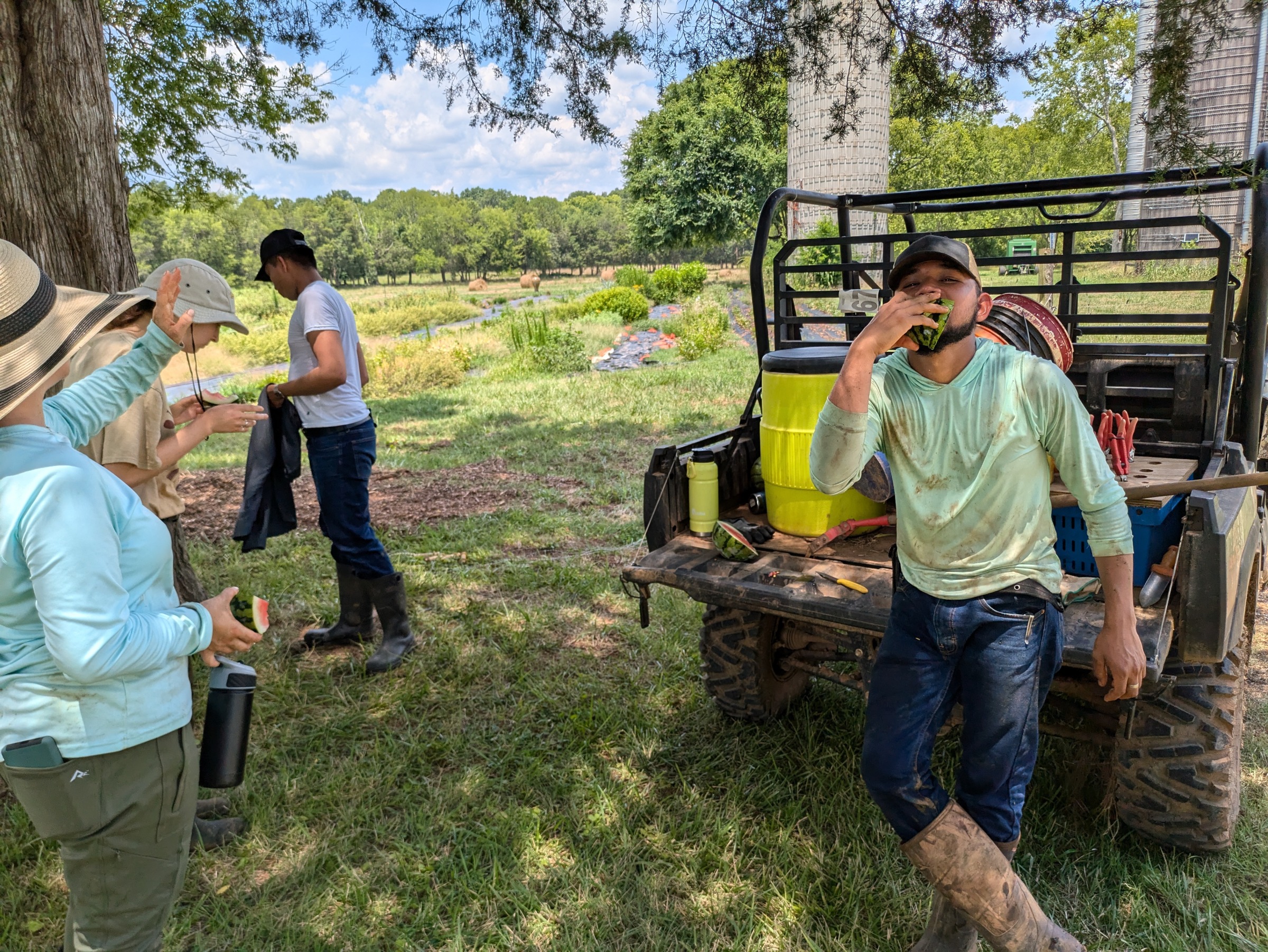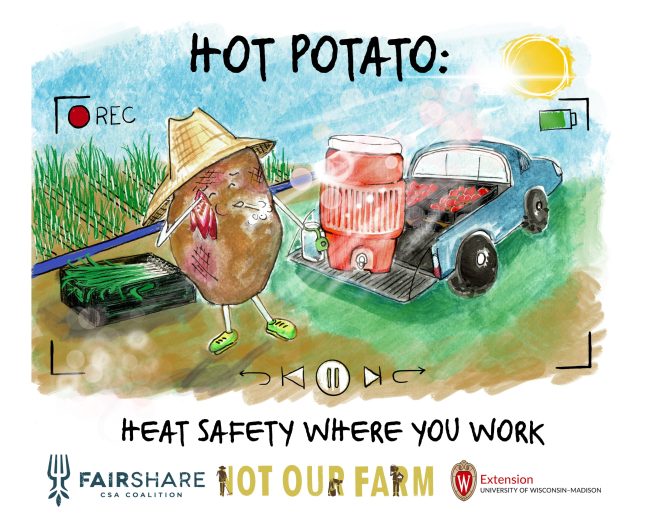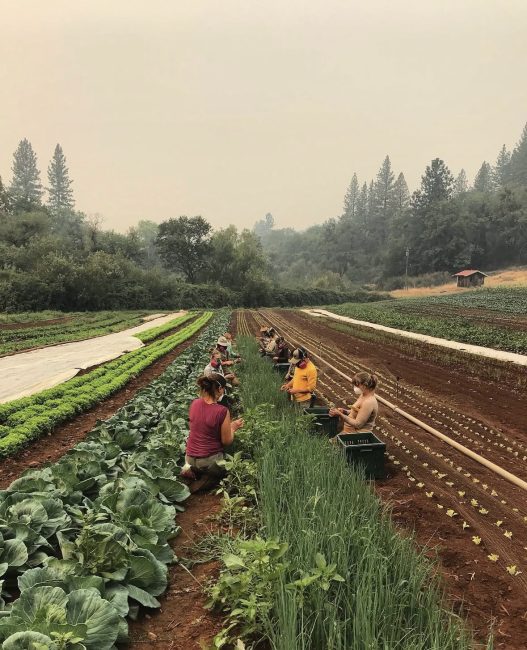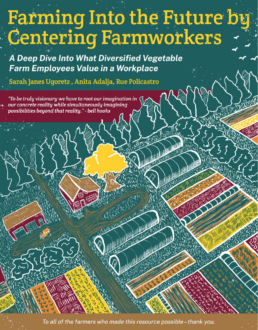Building Safe Farm Cultures

Building Safe Farm Cultures

Hot Potato: Heat Safety Where you Work
For farmers working in high heat, safety is both a priority and a growing challenge. Without a federal heat safety rule in place and as temperatures continue to rise, farmers have been letting us know that they want clear guidance on developing their own heat safety protocols. The resources below contain farm-specific information, including tips for institutionalizing a culture of safety on the farm.

Staying Safe While Working in Conditions of Smoke and Fire
As parts of the country experience unhealthy air quality more often, this resource can provide guidance and examples for how to adapt work days in a way that keeps the farm team safe while also making progress on production goals. You’ll find tips for infrastructure improvements that can promote safety, example policies that farms have shared with us, as well as questions to help you develop a policy that works for your farm.

Farming into the Future by Centering Farmworkers: A Deep Dive into What Diversified Vegetable Farm Employees Value in a Workplace
Across the country, farmworkers provide the labor, skill, and care that make many diversified vegetable farms possible. And in an industry as labor-intensive as this one, farm owners increasingly draw direct connections between their workforce and the long-term health of their businesses. Yet a growing number of employers have struggled to find and keep employees on their farms from season to season. As owners grapple with the questions and consequences this dilemma brings, farm employees are confronting major challenges of their own. And many have been left asking whether it is even possible to build a sustainable, long-term career as a farmworker in this industry. At a time when farm owners are asking how they can attract employees and build long-term working relationships, this resource shares concrete, action-oriented tips and examples that highlight various paths forward and than can ultimately support strong businesses and improved quality of life for everyone working on the farm.

H-2A and Your Ag Business: Legal and Ethical Considerations
Diversified vegetable farm owners are increasingly looking to the H-2A agricultural visa program as a source of farm labor. Drawing from topical expertise, hands-on experience, and many in-depth interviews and conversations, this 3-hour training provides insight into the various legal considerations of navigating the H-2A program as well as the ethical factors that farm employers can consider in their efforts to create a welcoming and safe environment for guest workers. For more information or to schedule this training for a group, contact Sarah at sarah.janesugoretz@wisc.edu.

